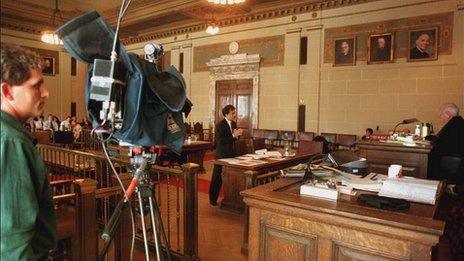Crown courts to allow filming for first time
- Published
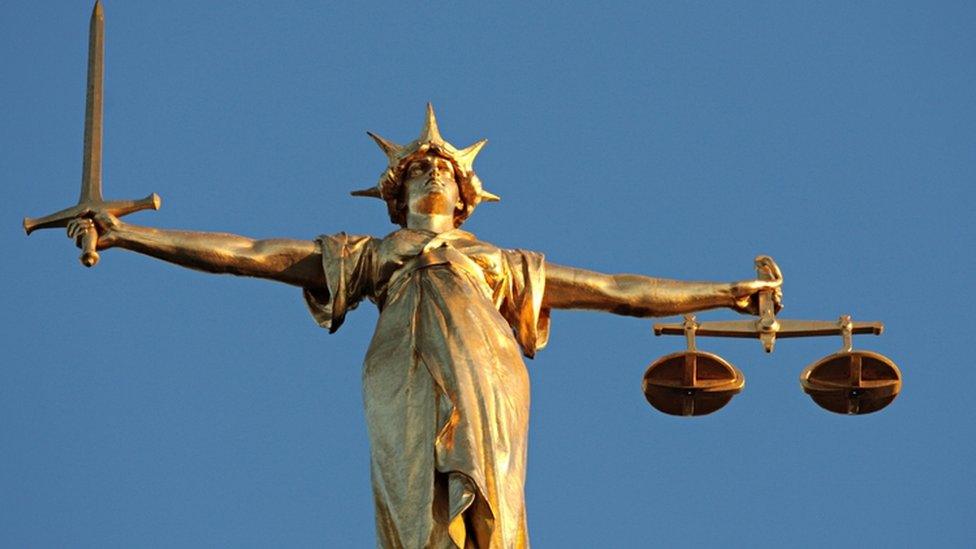
TV cameras could be allowed into crown courts in England and Wales for the first time, as part of a pilot scheme proposed by the Ministry of Justice.
During the pilot, sentencing remarks made by senior judges at eight courts, including London's Old Bailey, would be filmed but not broadcast.
Filming other court users, including defendants, witnesses and victims, would remain banned.
Filming has been allowed before only at the Court of Appeal and Supreme Court.
In Scotland, broadcasters have been able to apply to televise court proceedings since 1992 but this rarely happens.
In addition to the Old Bailey, the three-month pilot will run at courts at Southwark in south London, Manchester (Crown Square), Birmingham, Bristol, Liverpool, Leeds and Cardiff.

Analysis
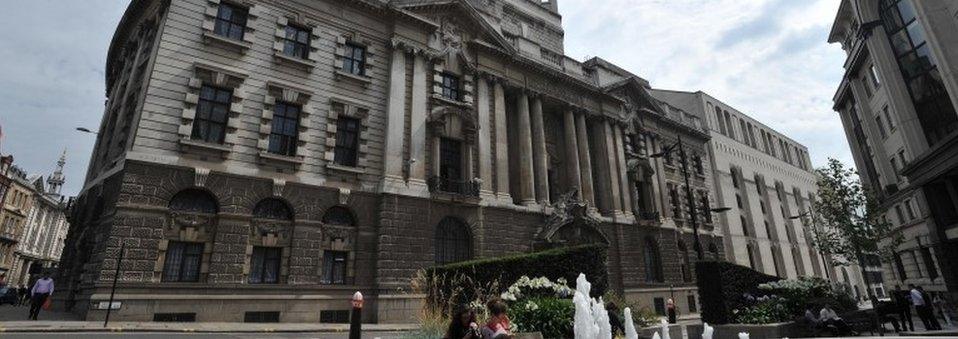
By Clive Coleman, BBC legal affairs correspondent
This latest experiment in filming doesn't mean we'll get to see entire criminal trials like those of OJ Simpson and Oscar Pistorius.
But it does mean that we could get to see and hear judges sentencing murderers and others at the conclusion of gripping and notorious cases at courts like the Old Bailey.
For the first time we would get to see some of the drama of the criminal case itself, rather than the legal argument of an appeal.
It would undoubtedly increase understanding of the complex nature of what a judge must take into consideration when sentencing, and would enable television, radio and online audiences to see and hear senior judges pass sentence on the most serious criminals.

Justice minister Shailesh Vara said he hoped the move would lead to "more openness and transparency as to what happens in our courts".
Lord Chief Justice Lord Thomas of Cwmgiedd said he would work with the Ministry of Justice to assess the impact of cameras in court.
BBC legal affairs correspondent Clive Coleman said the pilot would not be seen by the public, but that the trial represented a "significant move forward".
Crown courts are open to the press and public but filming and recording is banned under section 41 of the Criminal Justice Act 1925 and the Contempt of Court Act.
Filming has been possible in the Court of Appeal, which is based at the Royal Courts of Justice in London, since 2013.
Proceedings in the Supreme Court - the final court of appeal for civil cases in the UK and for criminal cases from England, Wales and Northern Ireland - have been filmed since it was established in 2009.
- Published28 January 2015
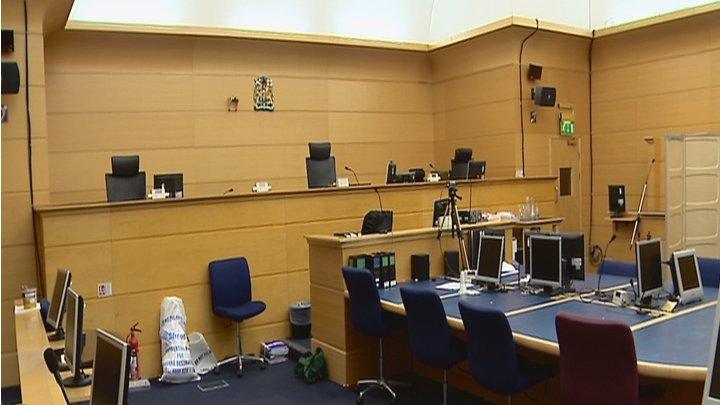
- Published31 October 2013
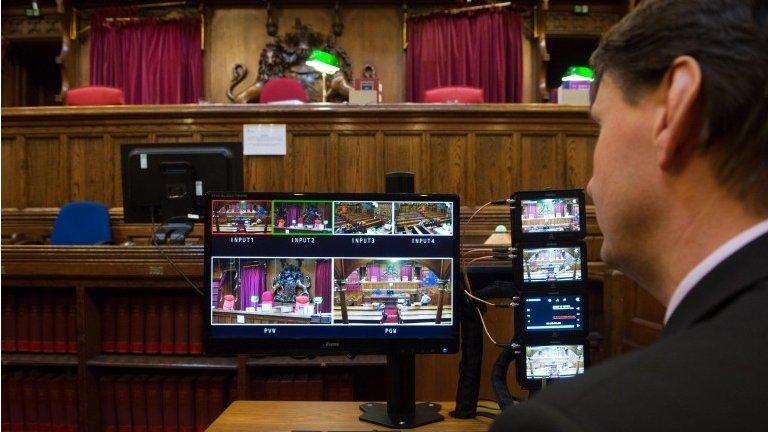
- Published2 July 2013
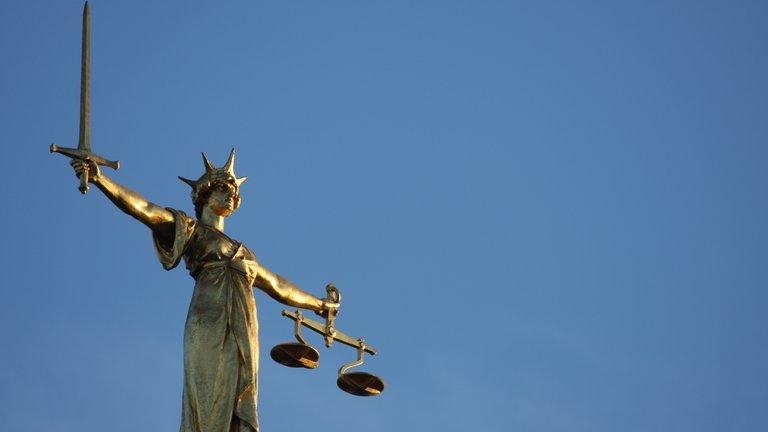
- Published10 May 2012
